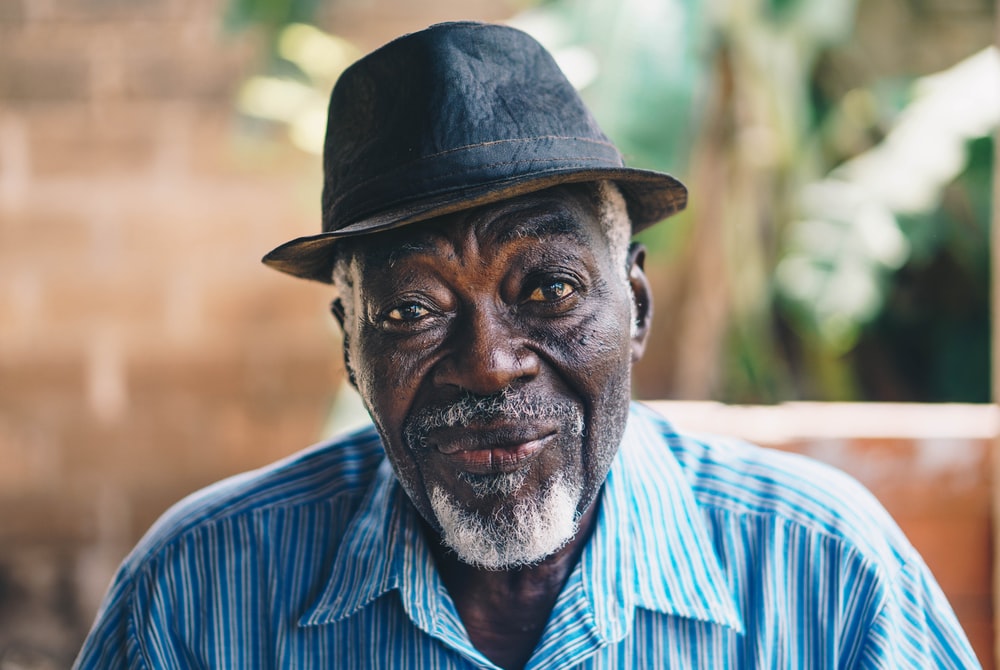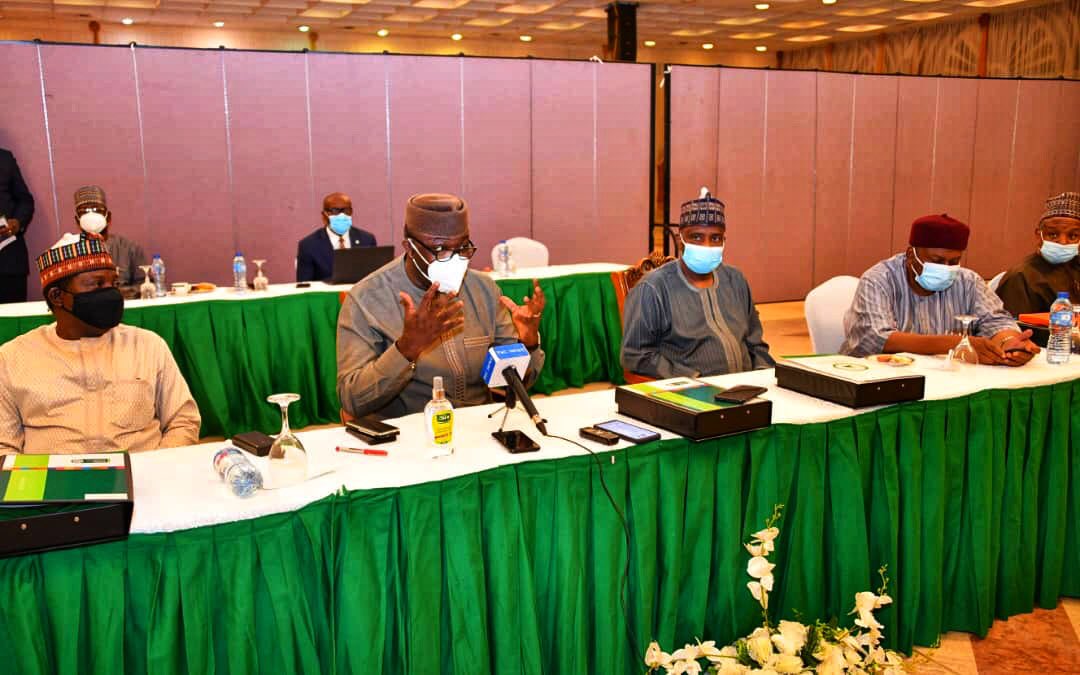The phrase ‘national cake’ being used as a metaphor for a nation’s patrimony or collective wealth has always featured in Nigeria’s political discourse since the coming of our petrodollars. In other climes, the ‘cake’ theory is all about economic development and a fair distribution of wealth. Baking the cake represents promoting economic development via productive activities while sharing the cake denotes a fair distribution of resultant wealth. However, in Nigeria, sharing the cake is the very opposite of a fair distribution of wealth. Our ‘national cake’ is often unjustly shared and corruptly eaten by those in government, leaving crumbs for the masses.
It was in 2016, five years ago, that a former prime minister of the United Kingdom, David Cameron, infamously made news when he described Nigeria as a ‘fantastically corrupt’ country together with Afghanistan. The embarrassing statement came as a whisper by Cameron to the ears of Queen Elizabeth at a Buckingham Palace event to which world leaders were invited. Although the Cameron gaffe was mischievous, uncomplimentary and undiplomatic, and was so rightly condemned, it was the plain truth.
Sadly, it is still the truth today as Nigeria continues to suffer the tragedy of underdevelopment, no thanks to unrelenting corrupt appropriators of our common wealth. This was further confirmed in a recent damning editorial report by The Economist magazine of the UK. The influential magazine in its editorial titled ‘The Crime Scene at the Heart of Africa,’ which was published on October 23, 2021, scolded the current administration as running an incompetent, cavalier system where corruption is the order of the day. According to the magazine, the president “has failed to curb corruption, which breeds resentment. Many Nigerians are furious that they see so little benefit from the country’s billions of petrodollars, much of which their rulers have squandered or stolen”.
Expectedly, spokesmen of the Nigerian government have denounced The Economist editorial and denied its content in strong-worded terms. But the denials cannot take away the fact that ours remains a country being underdeveloped by poor governance and ruling elite corruption. To be fair, sleaze has always been part and parcel of our national life since many previous administrations before now. However, the sustained flourishing of the problem in this dispensation leaves much to be desired. The poverty, unemployment, economic regression, infrastructure deficit and insecurity that we suffer today are all fallouts of the failure to stem the progressive misappropriation of our national wealth.
Advertisement
It is common knowledge that Nigeria is advantageously endowed with ample natural and human resources that should ordinarily make us one of the most developed and prosperous nations in the world. Yet, that is not the case because of the greed of an unscrupulous privileged minority. That is why since 1996 when Nigeria first featured on the Corruption Perception Index (CPI) being conducted and published annually by Transparency International (TI), the country has always been ranked among the most corrupt countries in the world. Today, major public sector corruption cases in Nigeria run into hundreds and amount to billions of dollars misappropriated.
As often published by the corruption-fighting agencies, the corruption cases come in various shades such as looting, contract fraud, embezzlement, bribery, extortion, money laundering, forgery, election scandal, false declaration of assets and so on. The perpetrators also come from diverse classes of society. One class allegedly involves former state governors, former ministers and presidential special advisers, former senators and house of representatives lawmakers, and former judges, among others. Among this class, we have some fabulously wealthy individuals who did not inherit any known parental wealth or make a fortune from legitimate businesses, but now own uncountable real estate in choice cities, corner oil blocs, fly private jets and even move cash loads around like banks! Some of them also ironically use their ill-gotten wealth to sponsor criminals and bandits to unleash insecurity on the innocent in society.
Yet, another class of perpetrators of public corruption are civil servants in the various ministries, departments and agencies of government. These people are supposed to be the custodians and gatekeepers of government assets and resources. But some join unholy forces with their bosses and contractors to doctor contracts, pilfer government money and loot government property. For instance, in July this year, an ex-surveyor general was arraigned for N2.8 billion fraud. Recently too, the ICPC arraigned a civil servant over N162 million fraud. And wait for this, just last month the chairman of the ICPC, Bolaji Owasanoye, disclosed that the agency has recovered 301 houses from two public officers in the federal capital territory (FCT), Abuja. Out of the 301 houses, 241 buildings were reportedly recovered from one of the suspects, while the remaining 60 were recovered from the other. How could civil servants on civil service salary scales have acquired such outrageous property? This is just an exemplary mind-boggling depth of public graft into which Nigeria has sunk as corrupt civil servants now use real estate investment to launder money in the country. Of course, there are also bound to be cases of other corruption being perpetrated by some current higher public officers at various levels of government and in the MDAs which will be uncovered after their tenures expire.
Advertisement
Whether the appropriators of our patrimony are former or current holders of public office, they all constitute serious enemies of our national development. How can we realize our national potential to be a great, progressive and prosperous country when corruption is still an ever-present threat despite the existence of anti-graft agencies like the ICPC and the EFCC? Until we can deal decisively with it, corrupt acquisition of public resources and manipulation of government systems for private benefit will continue to weaken our institutions, discourage investment, promote capital flight, and impede our economic development.
As the 2023 election year approaches, there is going to be a likely escalation of sleaze in public office as politicians amass available resources to prosecute election campaigns. The challenge is therefore before the outgoing administration to actually fight graft without fear or favour beyond claiming to do so. Yes, corruption is universal and it may be impossible to totally eradicate elite corruption in Nigeria, but it can be reduced to a tolerable level that allows national development to take place.
To achieve this, the issue of political will by the government remains a cardinal point to note. Without the political will to really fight corruption, we build the nation in vain. Also, without a comprehensive reorientation of our moral value systems to foster selflessness, accountability, contentment, integrity, transparency and discipline in public office, we elect new leaders in vain. And without strict compliance with the freedom of information (FOI) law that empowers citizens, the media and civil society groups to monitor government projects, corruption will persist. The truth of the whole matter is that if our ‘national cake’ continues to be unjustly eaten by only a few in government, the hungry will continue to resort to all criminal means to survive, and insecurity will fester. When insecurity festers, how will the ‘national cake’ appropriators be able to enjoy their ‘cake’ in peace?
Olabode can be reached via [email protected]
Advertisement
Views expressed by contributors are strictly personal and not of TheCable.







